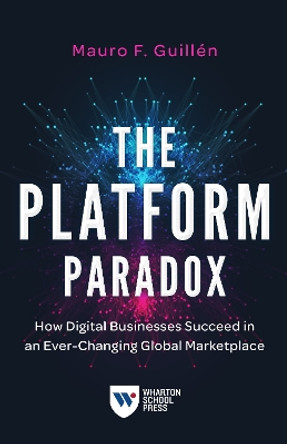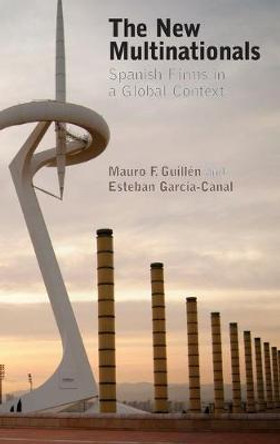Description
In the wake of World War II, a number of institutions designed to promote a liberal global economic and geopolitical order were established-the International Monetary Fund, the General Agreement on Tariffs and Trade (forerunner of the World Trade Organization), and the World Bank in the economic sphere, and the United Nations in the geopolitical realm. Although these organizations were far from perfect, their actions promoted rising living standards and political freedoms for all. Liberalism thus reengineered represented a fundamental bet on the supremacy of democracy and the market economy, and spurred the transformation of North America, Western Europe, and Japan into prosperous societies, each with a large and vibrant middle class and a social safety net.
Now, however, this liberal geopolitical and economic order is under attack. The free movement of goods, services, money, people, and information that once formed the recipe for progress under liberalism is blamed by many for rising inequality, mass migrations, and the declining legitimacy of political parties, as well as the fragmentation of global superpower relations. Nationalism, xenophobia, and populism continue to advance at the right and left ends of the political spectrum, eroding the moderate middle ground.
In Rude Awakening, Mauro F. Guillen argues for an improved international arrangement to provide for stability and prosperity. He offers key considerations that a reinvented global liberal order must address-from finding a balance between markets and governments to confronting present realities, such as rapid technological change and social inequality, to recognizing that Europe and the United States can no longer attempt by themselves to steer the global economy. Rude Awakening affirms the potential of liberalism still to provide a flexible framework for governments, businesses, workers, and citizens to explore and make necessary compromises and coalitions for a better future.
In Rude Awakening, Mauro F. Guillen affirms the potential of liberalism still to provide a flexible framework for governments, businesses, workers, and citizens to explore and make necessary compromises and coalitions for a better future.
About the Author
Mauro Guillen is the Dr. Felix Zandman Professor of International Management in the Wharton School and the Anthony L. Davis Director of The Lauder Institute at the University of Pennsylvania. He is author of numerous books, including The Architecture of Collapse: The Global System in the 21st Century.
Reviews
"In the past decade the world's politics and economies have changed in ways that are as surprising as they are befuddling. In this short book professor Mauro Guillen tackles the big questions of our time with verve, erudition and originality. He offers powerful answers and asks interesting questions. A must read." * Moises Naim, Carnegie Endowment for International Peace *
"Rude Awakening rings the alarm over the negative consequences of abandoning political and economic liberalism, arguing that it can provide a framework for business, government, and civil society to unmask the false promises of nationalism and populism." * Barbara Judge, Institute of Directors *
"A most comprehensive and timely assessment of the challenges to the Global Liberal Order. A must read for its grasp of the various changes in the global landscape." * Joseph W. Westphal, U.S. Ambassador, retired *
Book Information
ISBN 9780812250442
Author Mauro F. Guillen
Format Hardback
Page Count 168
Imprint University of Pennsylvania Press
Publisher University of Pennsylvania Press










